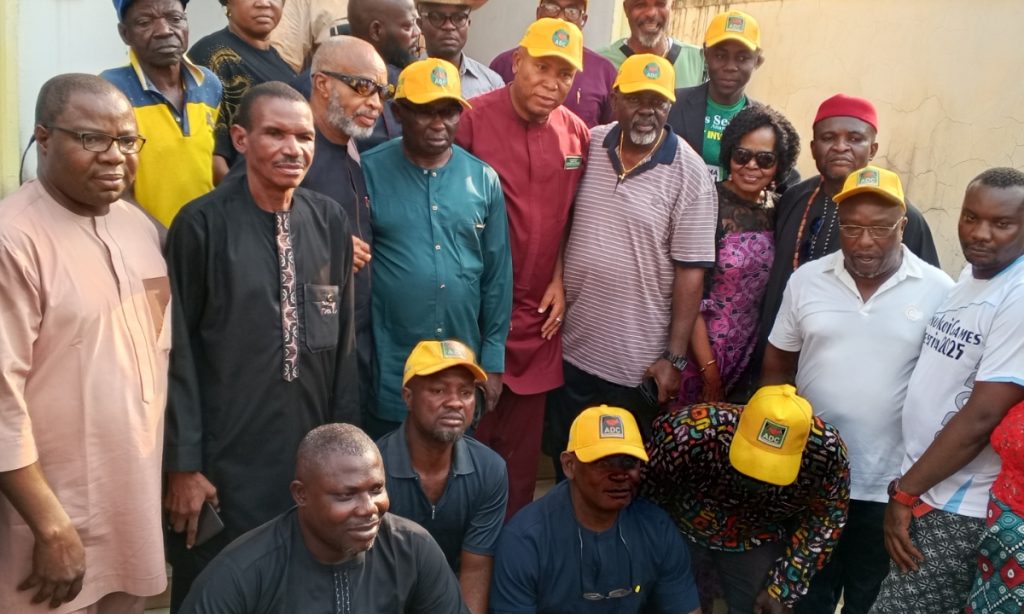In a scathing critique, Dr. Olisa Agbakoba, a former president of the Nigerian Bar Association, has expressed his dismay over the perceived inaction of the country’s 36 state governors. According to Agbakoba, these governors are essentially ineffective, with their primary activity being the collection of a monthly stipend from the federal government in Abuja. This stark assessment was shared during an appearance on Channels Television’s Politics Today program.
Agbakoba’s comments were not limited to criticism; he also offered a potential solution to the country’s governance woes. He suggested that President Bola Tinubu should decentralize power, empowering local governments and state authorities to take a more active role in development. This, Agbakoba believes, would facilitate a more equitable distribution of resources and allow for grassroots-driven progress, rather than relying solely on top-down initiatives.
The lawyer’s sentiments are rooted in a desire to see tangible improvements in the lives of Nigeria’s 250 million citizens, who are eager for effective governance and meaningful development. Agbakoba emphasized that the success of the president would have far-reaching benefits for the populace, highlighting the need for a more inclusive and participatory approach to governance. By devolving authority to lower tiers of government, Agbakoba argues that President Tinubu can unlock the potential for bottom-up development, ultimately ensuring that the dividends of democracy are more accessible to the broader population.
Agbakoba’s remarks serve as a call to action, urging the federal government to reexamine its approach to governance and empower state and local authorities to drive growth and progress. As Nigeria continues to navigate its complex political landscape, the need for effective and responsive governance has become increasingly pressing. With the country’s large and diverse population looking to the government for leadership and direction, the implementation of Agbakoba’s suggestions could potentially pave the way for a more prosperous and equitable future.



